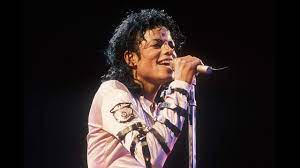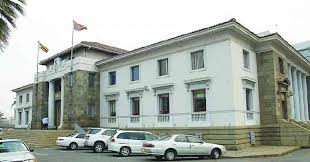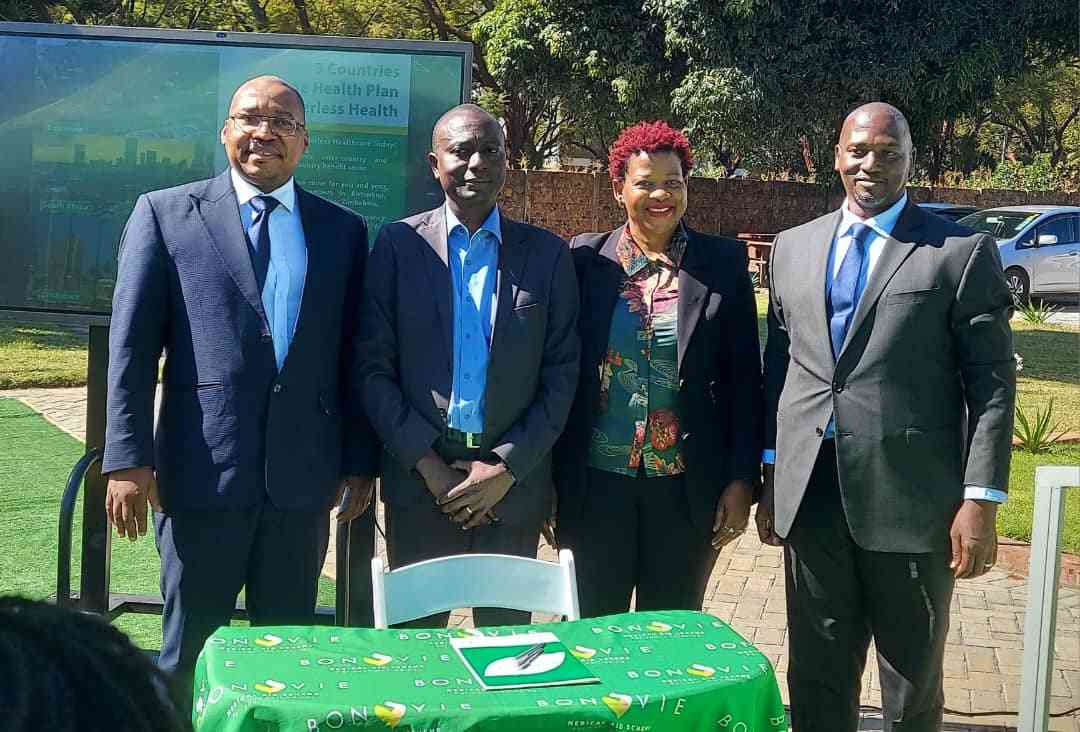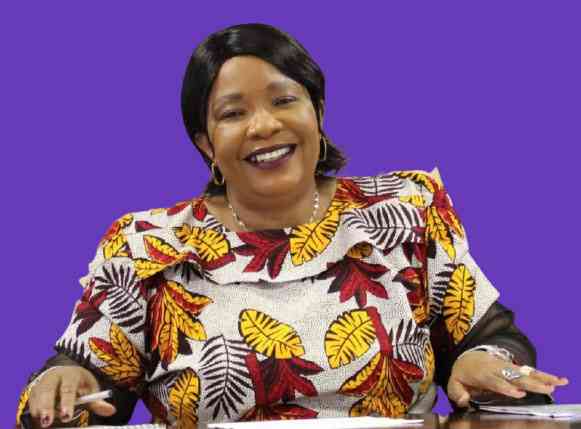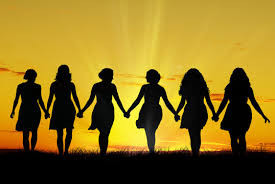
March is a month of monumental significance in the global struggle for women’s rights.
It houses International Women’s Day (March 8), World Poetry Day (March 21), and World Theatre Day (March 27) a trinity of commemorations that intersect powerfully in the feminist fight for visibility, justice, and autonomy.
Theatre and poetry have long been the vehicles of resistance, mediums through which marginalised voices, particularly those of women, reclaim their space in historical narratives that have often erased them.
In Africa, where patriarchy remains deeply entrenched in sociopolitical and economic structures, women have turned to these artistic forms as battlegrounds.
The stage and the written word are no longer just sites of performance but tools of subversion, resistance, and empowerment.
The intersection of art and activism challenges societal norms, highlights systemic injustices, and demands that women are seen, heard, and acknowledged not as passive subjects of oppression but as architects of their own liberation.
African theatre, historically used as a communal space for storytelling and moral education, has evolved into a platform for social critique.
Women playwrights and performers have leveraged theatre to expose gender-based oppression, interrogate power structures, and reimagine feminist futures.
- Zim poetry off to the moon
- The revolution shall not be televised
- Acting against oppression, writing against erasure: Women’s fight in art
Keep Reading
Ama Ata Aidoo, the Ghanaian feminist playwright and poet, was among the pioneers who challenged the portrayal of African women as mere accessories to male narratives.
Her play Anowa (1970) critiques both colonialism and gender roles, illustrating how societal expectations suffocate female autonomy.
In Zimbabwe, Theatre for Development (TfD) has been instrumental in amplifying women's voices in rural and urban communities.
Productions such as Rai! by Nyaradzo Nhongonhema, staged in collaboration with women's rights organizations, expose the brutal realities of domestic violence and economic disenfranchisement.
The play’s interactive nature forces audiences to engage with the difficult truths of gendered oppression and compels them to consider solutions beyond mere sympathy.
South Africa, a country with a rich history of protest theatre, continues to see feminist playwrights like Lara Foot tackle gender-based violence through works like Tshepang: The Third Testament, which tells the harrowing story of child abuse.
The feminist subtext is clear silence equals complicity, and theatre serves as an unflinching medium to hold oppressive systems accountable.
Despite these triumphs, women in theatre still face systemic challenges.
Funding disparities persist, with male playwrights and directors receiving more institutional support than their female counterparts.
Moreover, the theatre industry, like many others, is rife with sexual harassment and discrimination, making it difficult for women to thrive without resistance.
The mere act of staging a play that critiques patriarchy becomes a form of rebellion.
If theatre is the public spectacle of resistance, poetry is its intimate whisper and a powerful declaration of truth that refuses erasure.
Poetry has long been a tool of defiance for African women, from the oral traditions of griots to contemporary spoken-word performances.
It is in poetry that women document their pain, their rage, their dreams, and their demands.
Kenyan feminist poet Shailja Patel, in her book Migritude, fuses personal and political narratives to highlight the intersection of race, gender, and colonial histories.
Her work echoes the voices of many African women who are doubly marginalized first by patriarchal cultures and then by global power structures that dismiss their experiences.
Patel’s poetry is not just a literary exercise; it is an indictment, a demand for justice, and a reclamation of self.
In Nigeria, Titilope Sonuga, a poet and performer, uses her art to speak on womanhood, survival, and healing.
Her poem To the Girl Who Walks Alone at Night is a direct confrontation of rape culture, calling for the safety and dignity of women in public spaces.
The poem transforms fear into a collective declaration: women refuse to be caged by the violence of men.
Zimbabwean poet Batsirai Chigama blends personal testimony with political critique in Gather the Children, where she weaves narratives of resilience amid economic and social turmoil.
Her work reminds us that women’s struggles are often intersectional economic disenfranchisement, political repression, and domestic subjugation are all interlinked.
Yet, the very existence of feminist poetry faces resistance.
In many African cultures, women who publicly articulate their anger and dissatisfaction through poetry are dismissed as too radical, un-African, or corrupted by Western feminism.
*Visit www.thestandard.co.zw
This policing of women’s artistic expression is a deliberate tactic to suppress feminist discourse. But as history has shown, silencing women’s voices only strengthens their resolve.
Theatre and poetry do not exist in isolation; they feed into each other, creating a continuum of resistance.
The rise of spoken-word performances has blurred the lines between stage and verse, giving birth to a new form of feminist storytelling.
South African poet and playwright Koleka Putuma, for example, uses performance poetry to interrogate religion, queerness, and black womanhood, challenging deeply ingrained biases within African societies.
Additionally, feminist theatre festivals, such as The Ubumuntu Arts Festival in Rwanda, provide spaces for women to explore gender politics through multi-disciplinary art.
These platforms highlight how poetry and theatre function as cultural interventions, disrupting dominant narratives that seek to confine women to subservient roles.
African feminist scholars, particularly those influenced by postcolonial feminist theory, argue that the erasure of women’s contributions in art is part of a broader patriarchal strategy to maintain control over historical narratives.
Oyeronke Oyewumi critiques the Eurocentric imposition of gender hierarchies onto African societies, emphasizing that pre-colonial African women had far greater social agency before colonialism and capitalism reinforced male dominance.
Theatre and poetry thus become mechanisms through which African women reclaim their pre-colonial legacies of leadership, wisdom, and artistic expression.
As we reflect on March’s global celebrations of women’s rights, poetry, and theatre, we must ask ourselves: Are we truly listening to the women who use art to articulate their oppression?
Are we supporting their work beyond mere tokenistic gestures of recognition?
How can we create more sustainable platforms for feminist artists in Africa?
How do we ensure that the fight against erasure does not become a hollow performance but a radical shift in cultural and political consciousness?
The struggle against oppression is ongoing, but so is the artistic revolution led by women.
Every poem, every play, every performance is an act of defiance against the forces that seek to silence them. In the words of Zimbabwean poet Tsitsi Jaji, “Women’s voices are not echoes; they are the original sound.”
If art is a mirror to society, then feminist poetry and theatre must ensure that the reflection is an unfiltered, unapologetic, and unrelenting image of women’s power, pain, and possibility.
To act against oppression and write against erasure is not just an artistic choice; it is a moral imperative.
*Raymond Millagre Langa is a musician, poet, orator, independent researcher and founder of Indebo edutainment Trust. You can follow on Facebook @Millagre Ray Langa, on X you can follow on #Millagre Langa, email. millagrepapito@gmail.com or indebotrust@gmail.com

